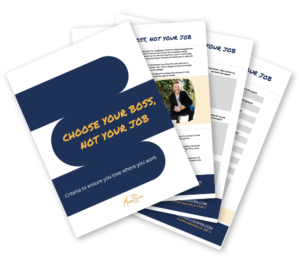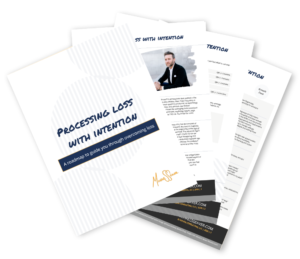A quick look through the websites of your favorite charitable organizations will reveal numerous volunteer opportunities. For those of you who volunteer regularly, why do you do it? Is it because you enjoy helping the community, it makes you feel good intrinsically, you make new friends, you can add it to your resume, or because you can develop new skills? You probably raised your hand to a few items on that list, but have you ever thought of volunteering as an avenue to help you land a job?
If you happen to be in career transition, volunteering while searching for full-time employment has its benefits. It will certainly allow you to do the things listed above, but it will also put you in front of employers who may be looking for an alternative to the standard recruitment process. By working as a volunteer, you have the ability to show your knowledge, skills, and abilities first hand in a “working interview”.
Many large organizations are attempting to become more nimble and they are doing so by controlling the growth of their full-time employee count. Instead of hiring employees that they have to pay wages and benefits to, they “hire” volunteers or contract with staffing agencies to provide temporary labor. They “try” before they “buy”. After a period of “trying”, the company can determine whether to bring the person on in a full-time role, to keep them on as a volunteer or contract laborer, or to sever the relationship and start fresh with someone new.
As a person in career transition, what do you do to land and succeed as a volunteer?
1. Carefully Select the Organization – Choose organizations that you would target in your normal job search, assuming they have volunteer opportunities. If they do not, target similar organizations that do. You’ll be able to grow your transferable skills and be considerably more appealing to your target company.
2. Prepare as Though it is a Paid Job – Ensure that your resume, cover letter, 30-second commercial, and interview prep are top notch. Have someone review your documents and conduct mock interviews with you. I know many senior executives that interview with other companies regularly simply to practice. Do the same yourself. Use the volunteer interviews as practice for a paid job and you’ll be much more confident walking in.
3. Set Reasonable Expectations – As good as you may feel inside about giving back and helping others, remember that three to six months could pass before paid roles become available. Setting pragmatic expectations about how much work will be involved before the fruits of your labor begin to show will help you stay committed and optimistic.
4. Showcase Yourself and Build Relationships – Staying humble while volunteering will help endear you to many of the decision makers. However, you must also selectively market yourself so that the decision makers know who you are and what you are capable of. I encourage you to take on challenging assignments, associate yourself with mentors, conduct informational interviews with a variety of people, and talk to the human resources office. The more people talking about you, the better your chances are of securing a job.
5. Stay Focused on the Actual Job Search – You must still commit 20-30 hours a week to your search. Don’t let volunteering distract you from your real objective of finding meaningful employment. While volunteering, be sure to talk to HR and recruiters to learn about openings in and out of the place you are volunteering. Recruiters love to talk and share opportunities; just make sure that they are talking about and sharing YOUR resume.
By treating your search and work in a volunteer position the same as a paid position, you are opening doors that may have previously been closed. I encourage you to volunteer for all of the intrinsic rewards, but also encourage you to explore the opportunity to take advantage of the extrinsic rewards as well.






Connect with me